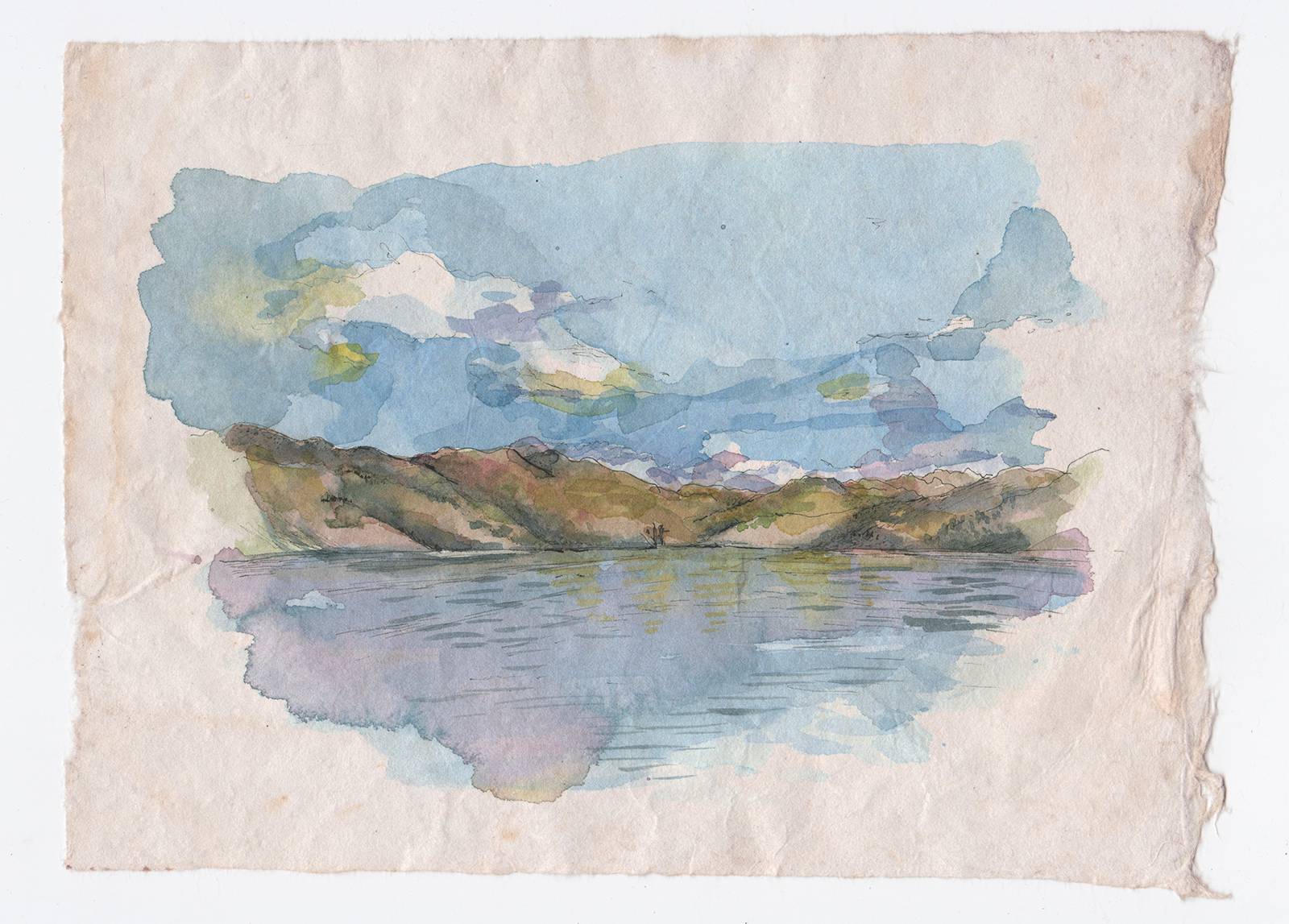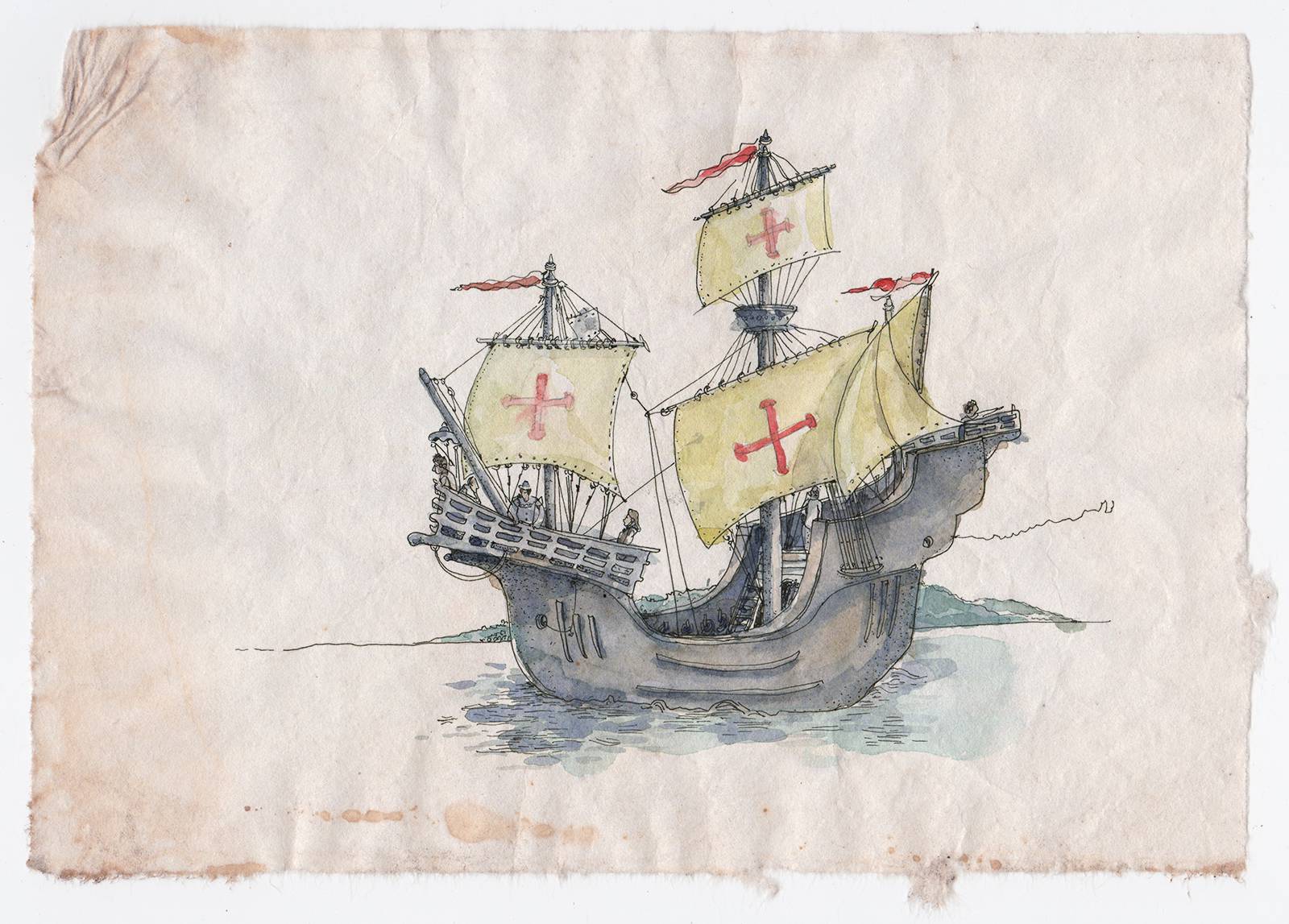Living on the water with these men is strange and hearty; I think we roughly match other crews on the Asian trade route. As time drifts, however, the men sicken with mal de Luanda. We will add sailors from the ports in Mombassa and India. Now, on towards Africa, where I am sure there will be deserters, more dead, and more new blood. There are over 90 of us.
Jesuits pretend to minister to my sailors. They only feel the lure of converts and a little Japanese gold. We bide our time, and keep thoughts of overthrow to ourselves.
I love the sound of the water, he way the sea and sky blend together on an overcast day, and the creaking of the wooden hulls, the ship talking to use as we cut a path over the ocean. I have gained skill and some stature on the ships, and for an African, it is nothing to be laughed at. My eye is firm; being able to read, and therefore negotiate with the captain over our progress, has given me a reputation as trustworthy among the men. To them, the maps are simply lines on parchment, not real as coastlines or ticklish sand beneath toes. To truly read maps, to carry men across oceans, is a mythical skill. I take special care to demonstrate it for the captain. The sailors, my men, see this and quietly offer support for the coming mutiny.
The lure of the ocean—it first brought me out of bondage. Now, it teaches me to navigate over it, towards freedom. In mapping it, in navigating it, I take command of a destiny that stole me away from my home and mother.

